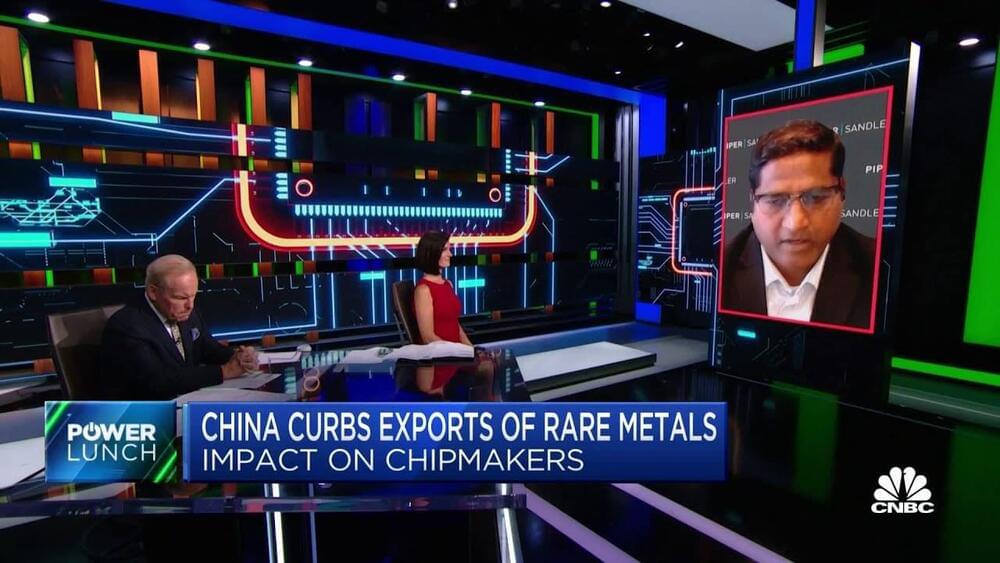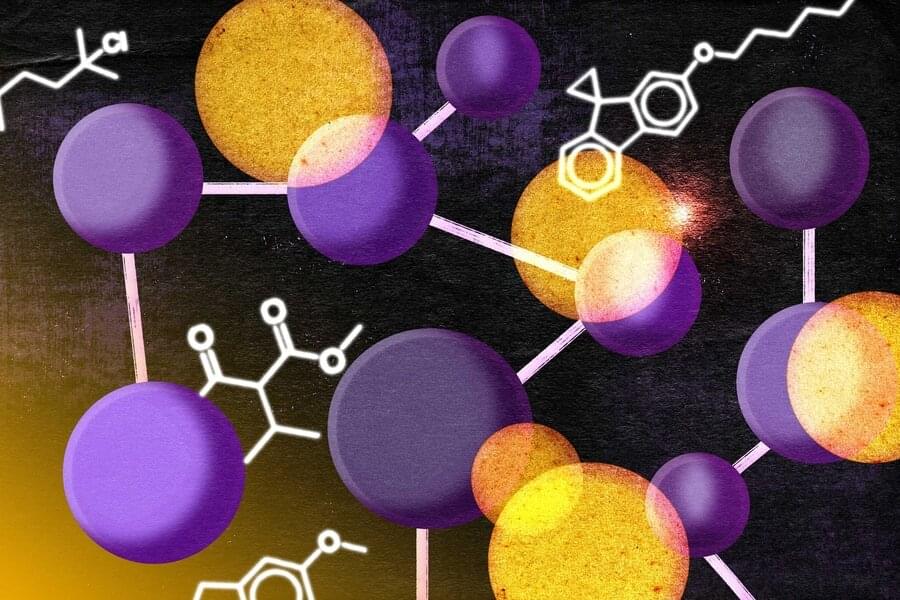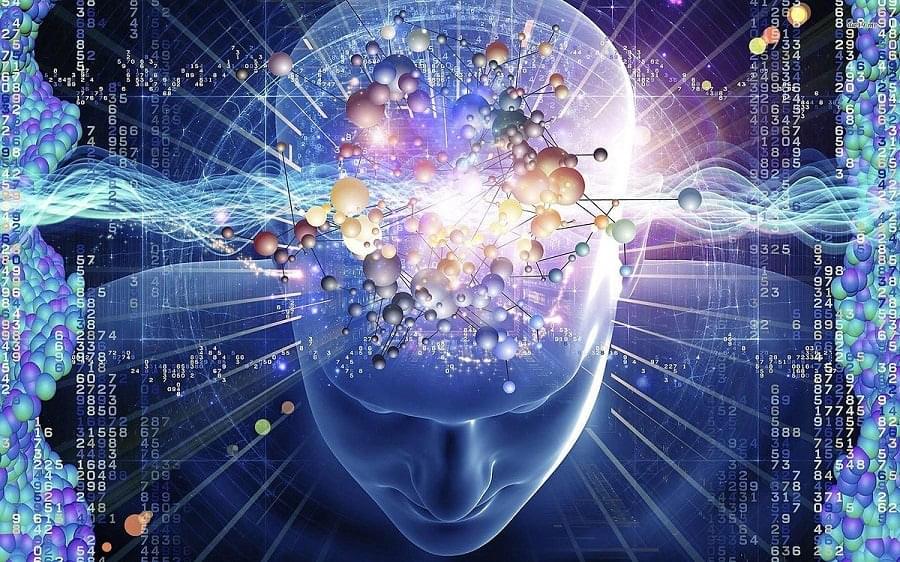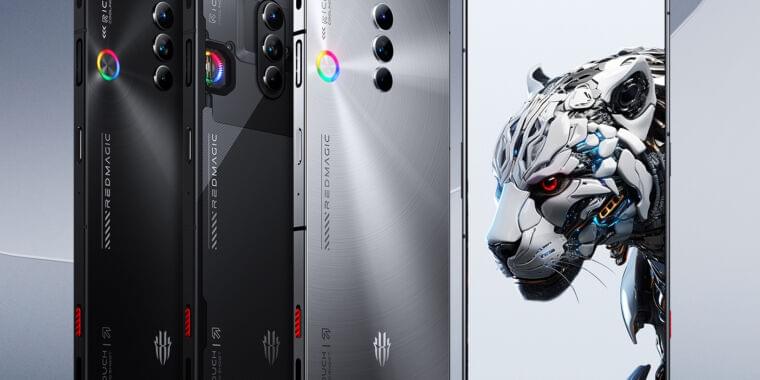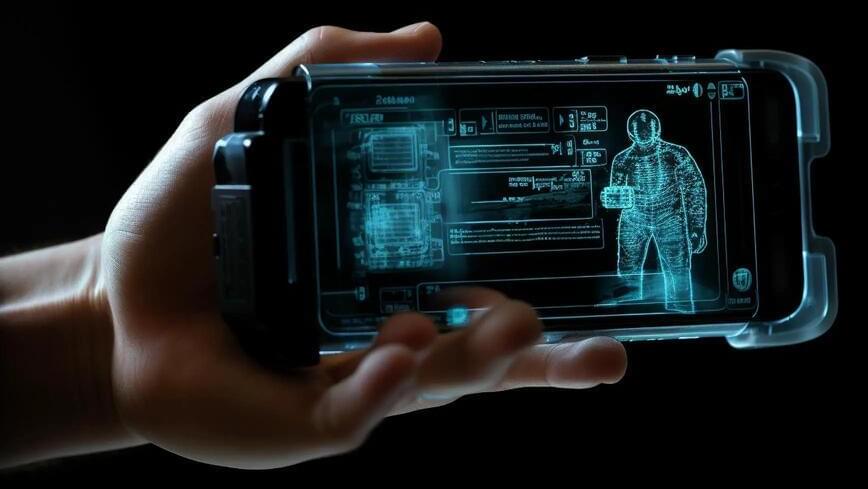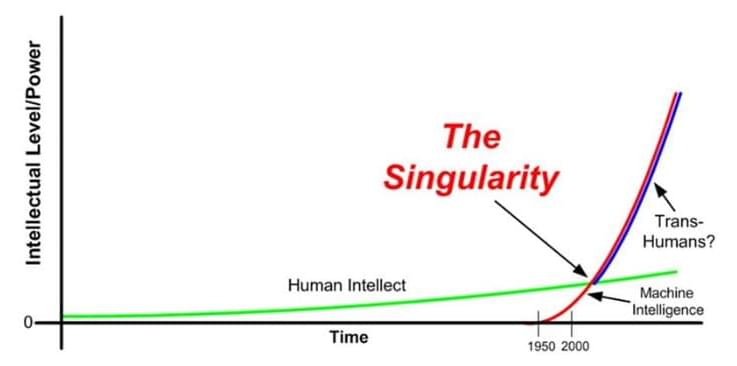Jul 8, 2023
Fully Managed Mastodon Hosting
Posted by Omuterema Akhahenda in category: biotech/medical
A bit long 😪
Anyone can have a Mastodon server. People turned their backs on Tom, whose Myspace was the best space. Zuckerberg copied both Tom and the Twins. I rejoined Myspace after Facebook started harrassing my account because of the Virality Project because I questioned the popular vaccines, and told people how long it took to create an effective vaccine, and the effectiveness of the BCG vaccine I took as an infant. They silenced me.
In this group even before Musk paid for Twitter I posted about Mastodon, an open source Twitter option, and I still will pay for a blue tick. I won’t pay for anything Zuckerberg does what Mastodon already did, and people line up like sheep, yet… More.

